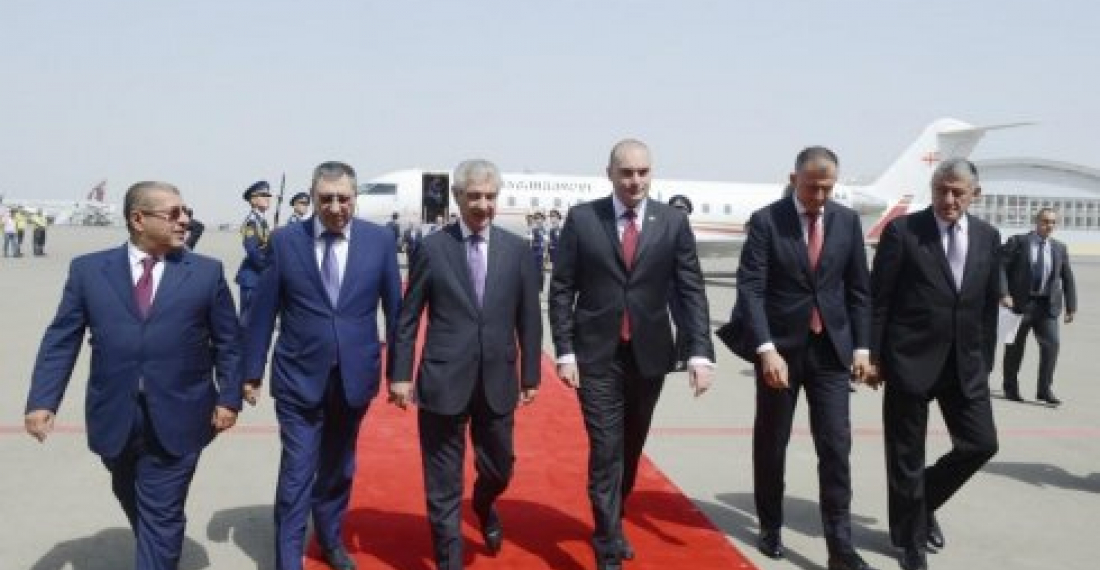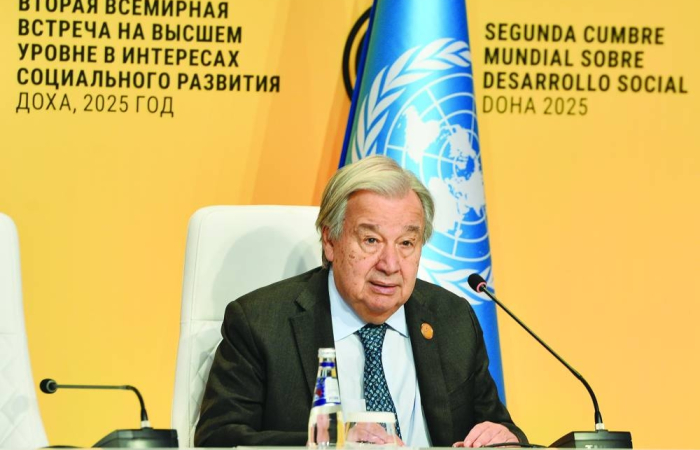Премьер-министр Грузии Мамука Бахтадзе в четверг (30 августа) с официальным визитом прибыл в Азербайджан. В аэропорту его встретили заместитель премьер-министра Али Ахмедов, заместитель министра иностранных дел Халаф Халафов и другие официальные лица.
По данным грузинских источников, премьер-министр проведет встречу с президентом Азербайджана Ильхамом Алиевым, а также с премьер-министром Новрузом Мамедовым и спикером парламента Огтай Асадовым.
"Мы обсудим возможности в плане углубления регионального сотрудничества, а также новые инициативы, которые помогут нам увеличить нашу торговлю. Все эти шаги будут позитивно отражаться на нашем экономическом росте и достижении нашей главной цели - превращение Грузии в региональный хаб", - цитируют слова премьер-министра грузинские СМИ.
источник: commonspace.eu по материалам агентств
фото: Премьер-министр Грузии Мамука Бахтадзе по прибытии в Баку с официальным визитом 30 августа 2018 года (фото предоставлено агентством Trend News, Баку)






